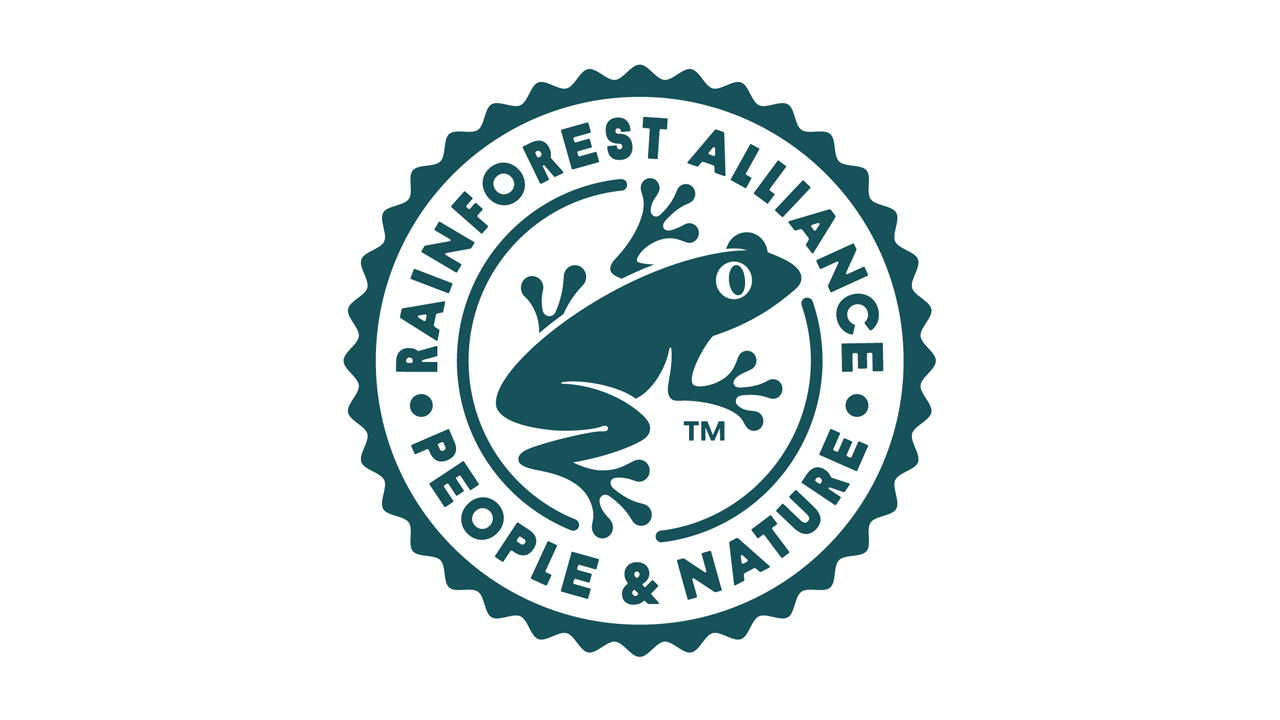Related Services
Data Technology
Industry
Retail
Company
Label | Part of Xebia
Founded in 1987, The Rainforest Alliance is an NGO focused on conserving biodiversity, promoting sustainable land use and business practices while encouraging responsible consumer behaviour. It is well-known for implementing long-term conservation and community development programs in cases where commodity production threatens the ecosystem health and well-being of rural communities.
One prominent way the organization is fulfilling its mission is by promoting responsible supply chains through its certification program. Companies that demonstrate adherence to sustainable agriculture and responsible business practices are awarded the certification, signifying their commitment to protecting biodiversity. For this, Rainforest Alliance must track, store, and analyse extensive information on the practices within each supply chain stage, from the farmer to the retailer. The data collected is extensive. For example, if they are working with a farm seeking to acquire a certificate, the plot of land, farm unit, and social conditions, employee wages, among other things are all captured as individual data points.
Given the current climate of social emphasis on conservation and responsible business conduct along with new legislations that support it (like the EU's CSRD legislation, where EU businesses must disclose their ESG practices) such accreditations have become increasingly important. This predicts a higher demand in the future for organizations like Rainforest Alliance. To prepare for this surge, the company must be able to scale their current infrastructure without compromising on traceability
Improving Traceability Through Better Data Practice
As more companies strengthen their commitment to sustainability and social responsibility, the importance of Rainforest Alliance has surged over the years. Their certification program aims to promote transparency within the industry by granting recognition to companies that demonstrate adherence to environmentally friendly practices.
However, granting these certifications to the right organizations takes work. Each step of the product, from farm to table, must be tracked and analyzed carefully to ensure accurate evaluation. This led to a complex challenge: how can we establish clear traceability of information when collecting and organizing a large volume of data? While the current infrastructure addressed the basics, there was room for improvement. This involved opportunities to improve data collection through a more standardized collection system. This enhancement would not only eliminate isolated data collection practices that could make the organization vulnerable to duplicate and confusing information but also help refine data analysis.
A good conceptual data model provides a high-level understanding and visualization of the organization's data and its relationships, facilitating communication and alignment among stakeholders. These improvements in data infrastructure are critical to maintaining credibility and futureproofing the organization for the expected rise in certification demand.


A Revised Conceptual Data-Model
To help Rainforest Alliance meet their ambitions, Xebia helped revise and update their information infrastructure.
Xebia started by reviewing its existing data management model. This step helped identify inefficiencies in the current practice, and resulted in recommendations to keep, change, or phase out steps that would help improve data information flow and interoperability.
The updated data information flow encompassed a clear and structured approach to collecting, transforming, storing, analyzing, and reporting information. On the other hand, the revised data interoperability flow opened avenues for different stakeholders to access and share information quickly - an issue that had been hindering organizational efficiency. This would also help Rainforest Alliance’s large, global network of employees access knowledge, tools, and best practices easily, allowing for more organizational cohesion. Every decision on data objects and process flow was consistently evaluated against the organization’s strategic framework to ensure the end goal was always accounted for.
Additionally, since Xebia was also helping develop a sophisticated data collection tool as part of a more extensive partnership, these efforts combined reduced the possibilities of duplicate, conflicting information, curbed administrative burden, and accelerated overall organizational collaboration.
To translate this conceptual model into action, Xebia also helped formulate the roadmap to implement this plan. This step-by-step approach allowed for proper implementation of this model. Xebia is currently working with Rainforest Alliance to execute this roadmap.
If you’d like to learn more about the conceptual data model at Rainforest Alliance, please watch the webinar featuring Ronald van Marissing and Steven Nooijen
Embracing Sustainability in Tech



